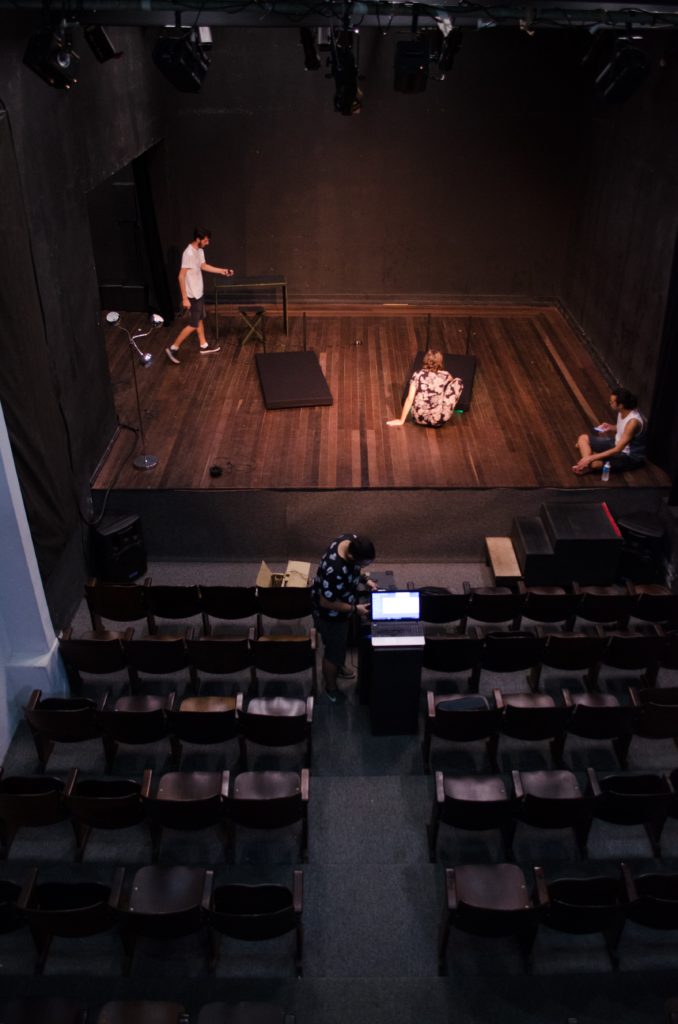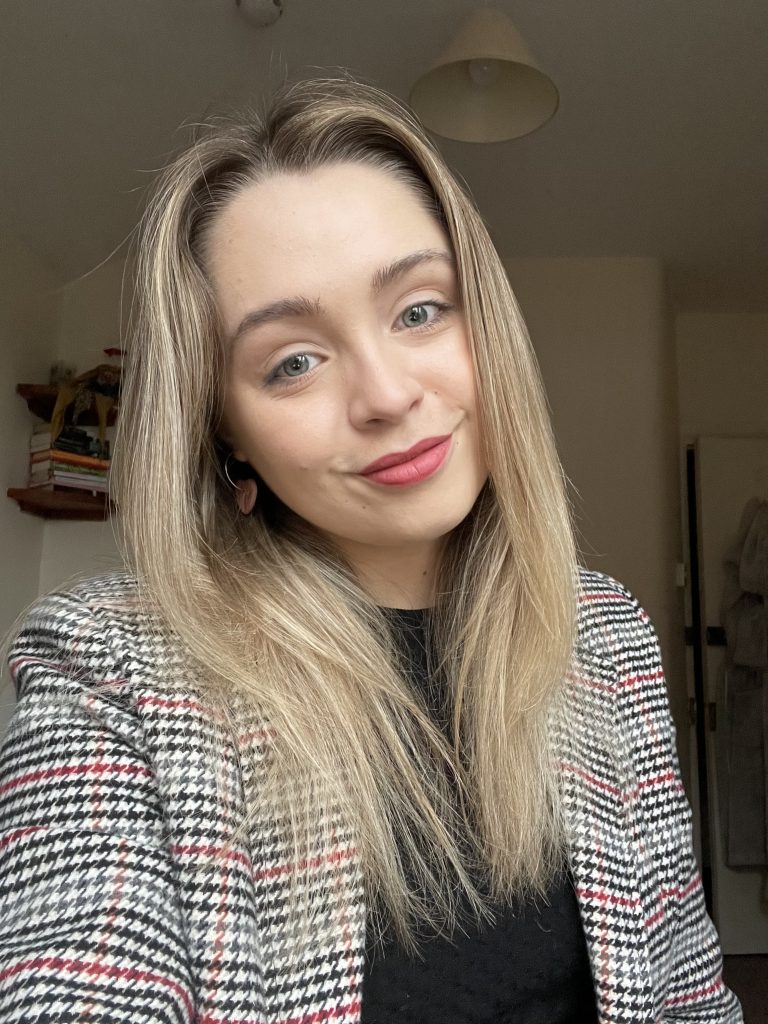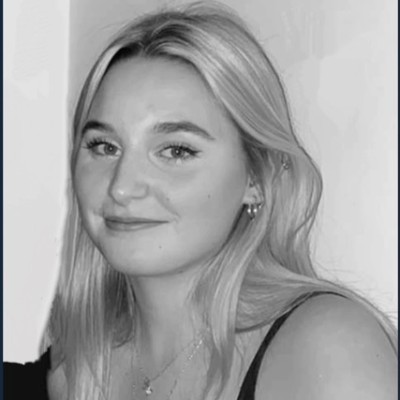
Name of Student: Katie Smith
Degree Subject: BA CH Art History and Visual Culture with English
Job Title: GBP 5063 Education Support Assistant
Company Name: University of Exeter
Type of Internship: Graduate Business Partnership (GBP)
What were your key duties and responsibilities during your internship?
- Providing first-line enquiry and standard transaction education support service for students and academic teaching staff, and high-quality general administration support as required for Humanities programmes
- Communicating with students, staff and members of the public over a broad range of enquiries and issues in a clear, professional and friendly manner via email, phone and face-to-face interactions
- Training and understanding of a variety of general programmes and specialised database systems, with a high level of competency in Microsoft Office
- Responsible for a number of key administrative processes within the subjects of English and Film, such as processing assessments and allocating modules, all of which required management of large databases, problem solving and attention to detail, both during the initial processing and subsequent checks.
- Working closely with the student welfare team to process sensitive and confidential information in an appropriate manner for students with a variety of mental or physical disabilities
- Improving the efficiency of other team members and tasks through devising clear, systematic methodologies and creating simple ‘How to’ documents, as well as continuously committing to internal training sessions
What outputs and outcomes did you deliver for your employer?
Outputs = On a daily basis I would produce clear answers to student enquiries. Behind the scenes, I also produced ‘How to’ documents for internal use within my team, which helped to improve understanding of key processes and programmes. These were also beneficial for new starters. I also produced numerous reports for key members of staff, such as personal tutor allocations and module allocations.
Outcomes = I have had really positive feedback from within my team and have been given an above and beyond award for my hard work. The administrator I assist has also been able to focus on more important and complex tasks as they have trusted me to be able to take care of processes independently. In what has been a very tough year our team has been able to maintain efficiency, and I believe that is in part due to my efficient working and assistance.
What was your biggest achievement on your internship?
My biggest achievement was successfully allocating modules to all 2nd and 3rd year students on English and Film programmes. My administrator and line manager were both on annual leave, which meant that I was left responsible for the entire process, which I had not completed before. This process included harvesting the data of module selections from over 300 students, going through each student and creating a spreadsheet of potential module numbers, meeting with the Director of Education with our department to discuss these and which modules needed to be capped. I then needed to go through each individual student and allocate modules to them based on their rankings, as well as specific programme rules, ensuring terms were balanced and that they had the right number of credits. Many of the students had issues with their selections, and so I had to get in touch with them to explain the problems and provide solutions. Once all allocations were made, I then needed to open the record of each student on our specialised database programme SITS and add in/remove the modules they had been allocated. I also had regular assistant tasks to complete such as answering the phone and general enquiries. To achieve all of this, I ensured that I had all the information organised beforehand and set myself smaller more achievable goals throughout the week. As a result of this hard work, I was able to complete all of the above within the 5 days that my managers were away. Upon their return they were extremely impressed with how much I have been able to achieve. I would say this is my biggest achievement because I was really proud of my work ethic and how I was able to work so well under pressure.
What did not go so well on your internship? How did you overcome any challenges?
It was challenging to start the position remotely, and this has meant that over 1 year on there are still members of my team I have never met in person. However, I think this has really improved my computer skills and communication. I have found it a challenge to provide customer service over the phone, however as this is a task required on a daily basis, I have pushed through and I think my confidence has definitely improved.
Skills Learnt:
- Ability to Work Under Pressure
- Organisation
- Leadership
- Strategic Planning
- Decision Making
Attributes Developed:
- Logical thinking
- Creative thinking
- Independence
- Work Ethic
- Professionalism
Your message to other students considering a similar job role, organisation or sector?
“My internship experience has been really positive, and has been a great way for me to get a full time role in a real position without feeling out of my depth. Most administrative positions advertised require previous office experience, so completing this internship has given me a whole host of useful experience to take forward into my career.”










